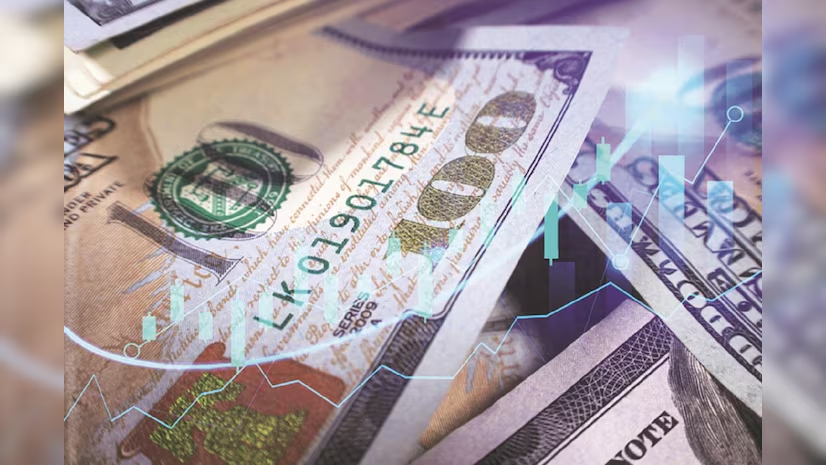Dollar slips as FX traders gird for US Presidential election outcome
Dollar Slips as FX Traders Gird for US Presidential Election Outcome
As the 2024 U.S. presidential election approaches, foreign exchange (FX) markets are bracing for volatility, with the U.S. dollar experiencing a notable dip. Traders are keenly focused on the potential outcomes and implications of the election, weighing the impact of various candidates on economic policies and market stability. This article explores the current dynamics in the FX market as the election draws near.
1. Overview of the U.S. Dollar’s Performance
The U.S. dollar, a primary currency in global trade, has recently seen fluctuations that are being closely monitored by FX traders. As the election date nears, uncertainties surrounding economic policies and leadership transitions have contributed to a cautious trading environment.
2. Factors Influencing Dollar Value
Several factors are at play in influencing the value of the dollar. Interest rates, inflation expectations, and economic growth forecasts all contribute to traders’ perceptions of the dollar’s strength. With the upcoming election, potential shifts in these economic indicators are causing traders to reevaluate their positions.
3. The Role of the Presidential Candidates
The candidates’ platforms are central to the market’s apprehension. Whether it’s Joe Biden seeking re-election or emerging challengers, their proposed policies on taxation, regulation, and international trade can significantly sway investor confidence and currency valuations.
4. Market Sentiment and Predictions
Market sentiment reflects traders’ expectations regarding the election outcomes. With polling data and early voting results emerging, traders are making informed predictions that impact trading strategies. A change in leadership could lead to a revaluation of the dollar based on anticipated changes in fiscal policy.
5. Historical Context: Election Cycles and Currency Trends
Historically, U.S. presidential elections have influenced currency trends. The dollar often experiences increased volatility in the lead-up to elections, with market reactions to candidates’ policies and potential electoral outcomes shaping investor behavior.
6. Impact of Economic Indicators
Key economic indicators released prior to the election can further complicate the dollar’s trajectory. Employment rates, GDP growth, and inflation reports play a crucial role in shaping traders’ expectations. A robust economic outlook could support the dollar, while negative indicators might exacerbate declines.
7. Global Economic Considerations
The U.S. dollar is not only affected by domestic factors but also by global economic conditions. Trade relations, geopolitical tensions, and the performance of other currencies can influence the dollar’s value. FX traders must consider these elements as they navigate the upcoming election.
8. The Role of Central Banks
Central banks, particularly the Federal Reserve, have a significant influence on currency valuations. Their monetary policies in the lead-up to the election can either bolster or weaken the dollar. Traders are closely monitoring any signals from the Fed regarding interest rate changes or economic support measures.
9. Strategies for FX Traders
In light of the election-related uncertainties, FX traders are advised to adopt flexible strategies. Hedging against potential volatility and diversifying portfolios can mitigate risks associated with sudden market shifts. Staying informed on polling data and economic reports will be crucial in making informed trading decisions.
10. Conclusion: Preparing for Volatility
As the U.S. presidential election approaches, the FX market is poised for significant movements, with the dollar showing signs of weakness. Traders are advised to remain vigilant, adapting strategies to account for potential shifts in market dynamics. The outcome of the election will undoubtedly have lasting implications for the dollar and the broader economy.
#Hashtags: #USDollar #FXMarket #PresidentialElection #TradingStrategies #EconomicIndicators #MarketVolatility #USPolitics #CurrencyTrends #Investing #GlobalEconomy
